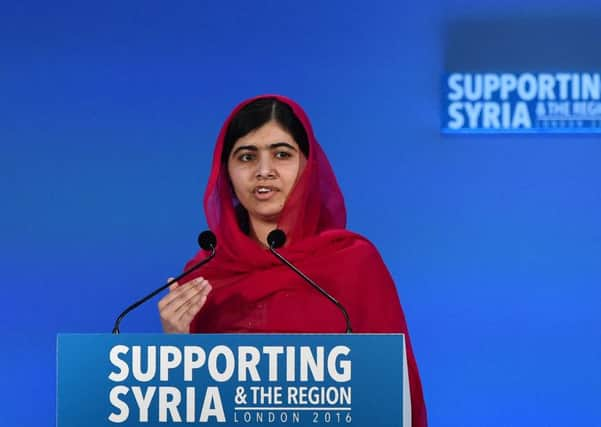YP Comment: Should charity begin at home? Moral dilemma over Syria pledge


However the scale of suffering is such that the most hard-hearted would struggle not to be moved by the plight of those orphaned children living in the rubble of ruined cities – the whole world, this country included, has a moral duty to provide humanitarian assistance to those who have nothing other than the clothes in which they stand.
Yet David Cameron finds himself in an invidious position. For, while a significant number of voters resent the protected status afforded to Britain’s aid budget, others – like Labour’s Yvette Cooper – say the UK should be accepting even more refugees. It is an argument which would have more merit if the country’s hospitals, schools and councils had the resources to cope with an even greater influx of migrants.
Advertisement
Hide AdAdvertisement
Hide AdNevertheless, limitless amounts of aid will not solve this crisis alone, especially as the mass movement of people on this scale could be the precursor to an even greater population shift in sub-Saharan Africa which is being forecast because of climate change. Not only does Syria’s civil war need to be neutered, a depressingly forlorn prospect, but the West needs to shift its focus to the provision of education and employment opportunities at the refugee camps in adjacent countries. For, if victims of this unspeakable tragedy have a chance to enrich their broken lives, it might encourage them to stay closer to their homeland rather than increasing the pressure on Britain and Europe’s borders. If this becomes the focus, Mr Cameron’s benevolence might be more warmly welcomed in a county long renowned for its charity.